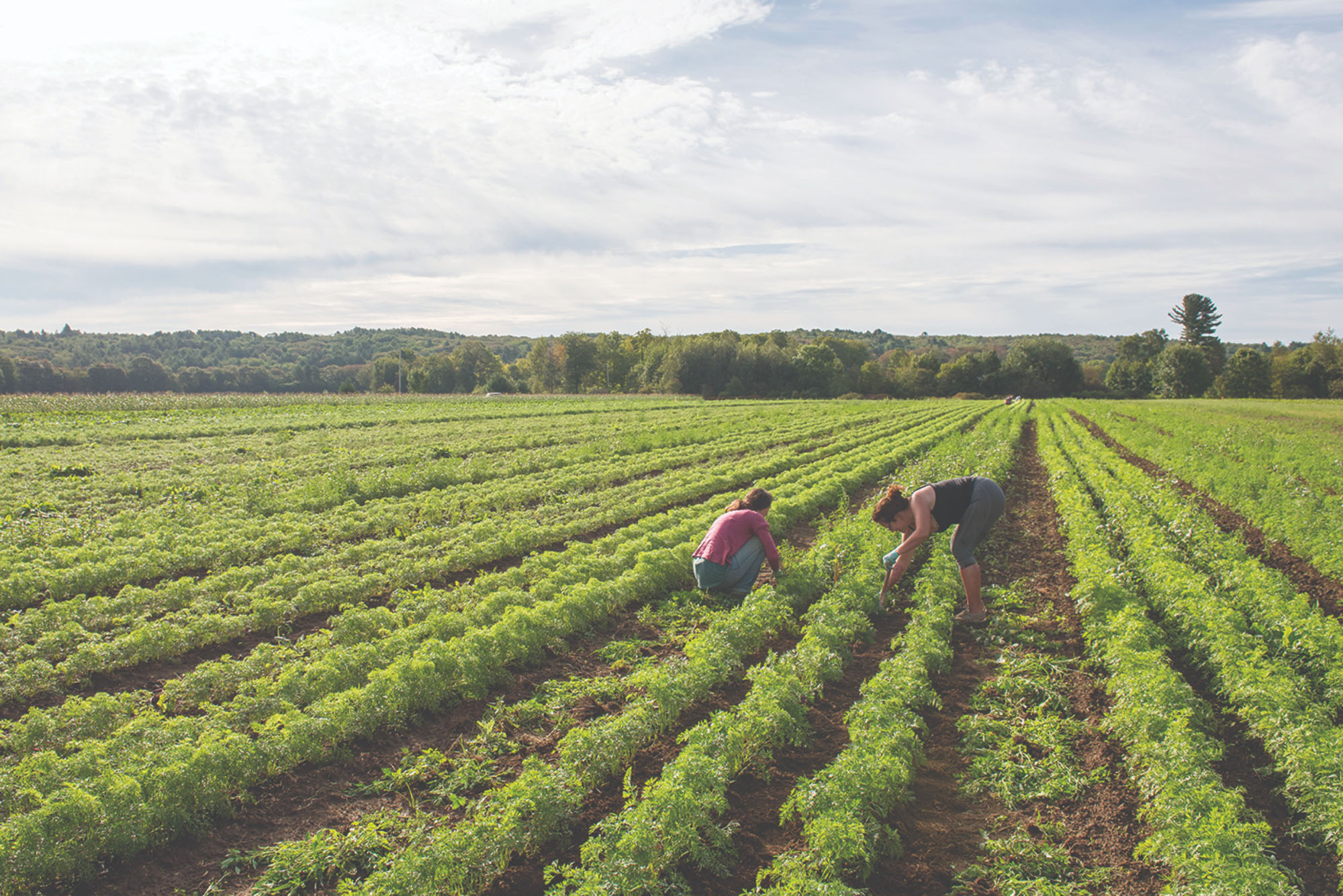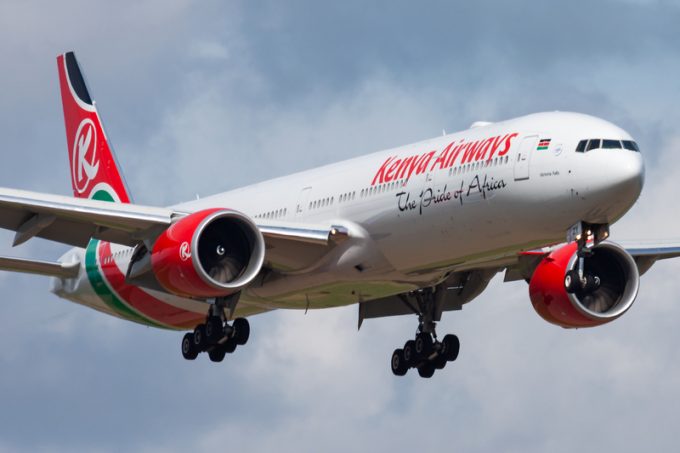Global farmland sees significant increase in organic farming

A recent report by the Research Institute of Organic Agriculture (FiBL) and IFOAM – Organics International, released in February 2024, paints a promising picture for the future of organic farming.
The report reveals a staggering 26.6% increase in global organic farmland, reaching a total of 96 million hectares in 2022.
This marks the largest single-year increase ever recorded and signifies a significant shift towards more sustainable agricultural practices.Several factors have been advanced as driving forces behind the surge including:
Growing Consumer Demand: Consumers are increasingly seeking out organic food, driven by concerns about health, safety, and environmental impact. Organic products are perceived as fresher, healthier, and free from synthetic pesticides and fertilizers creating a lucrative market for organic farmers, incentivizing them to convert their land.
Sustainability Concerns: Conventional farming practices often rely heavily on chemical inputs which can have detrimental effects on soil health, water quality, and biodiversity.
The increasing environmental consciousness of consumers and governments alike is pushing for more sustainable alternatives, and organic farming practices, with their emphasis on natural methods and soil conservation, gaining favor.
Government support: Many governments are implementing policies and initiatives to support the growth of the organic sector. This includes providing financial assistance, research funding, and educational programs to encourage farmers to transition to organic practices.
The report further highlights interesting regional trends including , Australia taking the lead with the largest area of organic agriculture globally at 53 million hectares, marking a substantial 17.3 million hectare increase from 2021.
India has also emerged as the new number two with a significant rise in organic land, currently boasting 4.7 million hectares. Europe continues to be a strong player in the organic market, with 18.5 million hectares dedicated to organic farming.
However, whereas the rise of organic farming is encouraging and a step in the right direction, there are several challenges to overcome for the Future.
Ensuring adequate market access, fair pricing for organic products, and addressing knowledge gaps amongst farmers are crucial steps for sustained growth.
Additionally, research and development efforts are needed to improve organic farming practices and enhance their productivity and efficiency.
Overall, the significant increase in global organic farmland is a positive step towards a more sustainable and healthy food system. As consumer demand and government support continue to grow, it's likely that organic farming will play an increasingly important role in feeding the world's population in the years to come.













